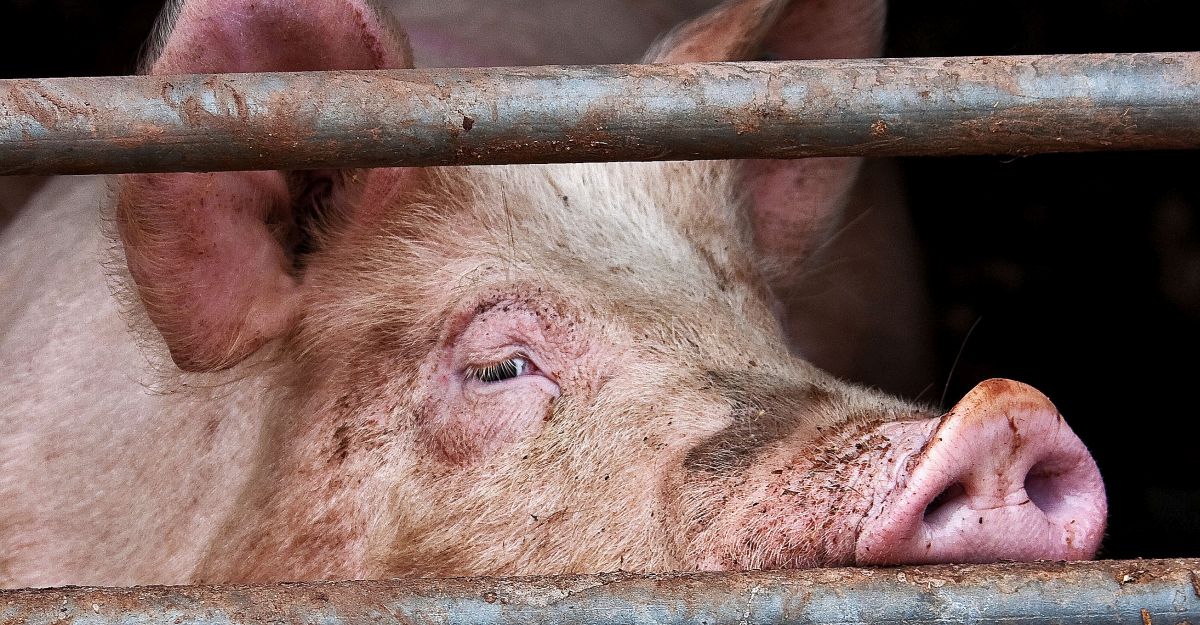It began with bloodcurdling screams in the night…
Such is not the usual stuff of an Overland blog, although the chief protagonist was born in the former Soviet empire of Russia, and in attitude can best be described as bolshy. They (gender-neutral pronoun) were also under a foot tall, with very long black legs and beak. And, very definitely, lost, in an inner suburban backyard.
No 13, Our street, normally has a floating population of two homo sapiens, and visitors, plus two ageing lady felis domesticus, who also have a younger male visitor of the same species, next door. The cats are at the stage of life where a bird generally provokes the reaction of ‘Can’t be arsed, zzzzzzzzzzzz’. Thus several Mohawk pigeons (so named by a Goth teen of our acquaintance) and a blackbird pair are able to scratch around for the compost worms. In seasonal fruit times bats and lorikeets sack and loot the apricot and plum trees. Rats and increasingly possums also make an appearance.
So shrieks and thumps in the wee hours were nothing surprising, except for the sheer angry volume of the cries. At the glass back door, facing-off Lily the cat, was at first sight what looked like a chicken. We opened the door, and a merry chase ensued round the garden, after a/ the cat b/ the chook. When cornered the bird’s head resembled like a Pacific duck’s, except for the long beak, and the legs, like stilts. We had seen flocks of Sanderlings at Philip Island, timid things that seemed too ethereal habitually to fly to Siberia and back. The visitor was not a Sanderling, although clearly a migratory waterbird. But in our backyard, several ks from Merri Creek? It flapped, unable to fly, but was otherwise in rude health.
After being brought into the house, the bird escaped, but was recaptured in the kitchen. One person held bird, kicking like a mule, the other ruffled through the wader section of the bird bible, a bewildering array of Knots, Snipes, Curlews and Sandpipers. Identification was not helped by the bird being either juvenile, or heading towards breeding, as its plumage was transitional.
What to do, after midnight on a public holiday? Two phonecalls elicited an awake human at the RSPCA, then a referral to Wildlife Victoria. The latter rang around, was unable to find a carer at this hour, but promised to phone again in the morning. The bird was by this time secured in the cat carrycage, in the spare room. In the morning Wildlife Victoria advised the closest options, the Lort Smith, or the Zoo. The bird was still alive (and kicking), perky and calm. At the Zoo it met the vet, who said dubiously: “I’m not familiar with that species.” The bird responded with another escape attempt in the Zoo reception area. It is probably right now kicking the vet.
Several things emerge from this saga. One is that it may well be easier for a wild animal to get medical attention than a human, in ‘Merge, with the drunks, domestics and drug addicts. Another is that two people were awake and ready to advise birdcare in the witching hours of the night. The RSPCA was born in the nineteenth century, part of that era’s great caritas expressed via reforms, agitation against slavery, child labour, the introduction of Plimsoll lines on ships. Once these ideas were radical innovations, now they are taken for granted. Over a century later, animal rights are an increasingly powerful force.
Thoreau, a child of the nineteenth century, and himself a keen observer of nature, commented, on wild men (tramps): “their comings and goings stitch towns together in parts where else they would be ripped.” So do, it seems, wild animals, just at a time when they are most vulnerable. Wetland is subject to climate change, and development, which may explain how an avian refugee turned up in a suburban backyard. It gave us an insight into the community active in caritas towards other species, the humans who preserve wildlife, and thus their own human community. Margaret Thatcher famously didn’t believe in community, it might be recalled-and the rips of her rule are still visible, unrepaired.
And on another political note, our feisty feathered visitor is possibly a Latham’s Snipe. Apt that, if true.





